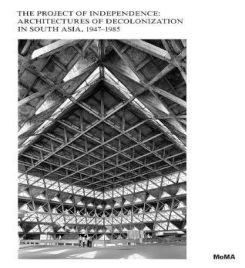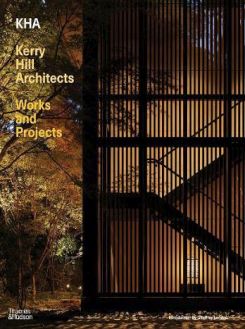
The Project Of Independence: Architectures Of Decolonization In South Asia, 1947-1985
How South Asian architects broke with the colonial past and found ingenious ways to negotiate modernism's universalist claims with the material and labor conditions on the ground
South Asia holds a unique place among the many regions of the world where modern architecture was understood as both a tool for social progress and a global lingua franca in the second half of the 20th century. Following the end of British rule in 1947-48, architects in the newly formed nations of India, Pakistan, Bangladesh (East Pakistan until 1971) and Ceylon (now Sri Lanka) proposed a novel understanding of modernity, disrupting the colonial hierarchy of center and periphery by challenging modernism's universalist claims.
Architecture offered multiple ways to break with the colonial past. Through the establishment of institutions that embodied the societal aspirations of the period, and the creation of new cities and spaces for political representation, South Asian architects produced a distinct body of work in dialogue with global developments while advancing the theory and practice of low-cost, climatically and socially responsive design.
Product details
- Hardback | 232 pages
- 240 x 300 x 30.48mm | 1,660g
- 22 Mar 2022
- Museum of Modern Art
- New York, United States
- English
- 400 Illustrations, unspecified
- 1633451240
- 9781633451247




